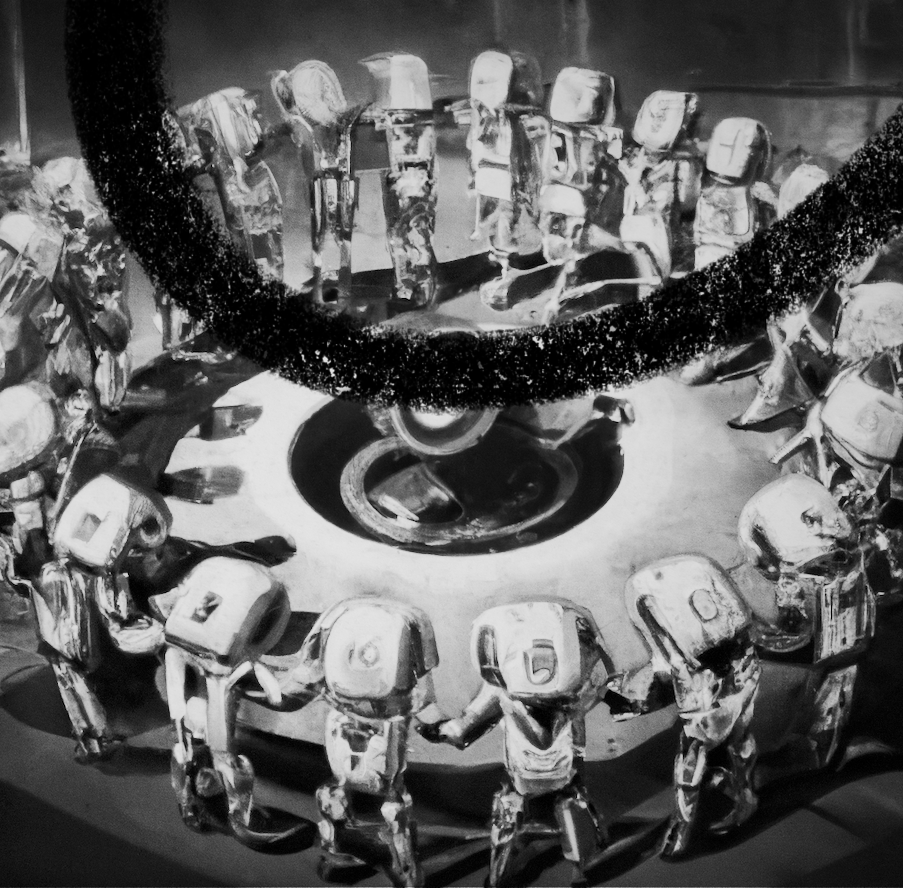
Introducing Lex!
Here’s everything we published this week.
October 15, 2022 · Updated January 23, 2026
Knowledge Partner: McKinsey & Company
Turn your work enemies into allies. Whether you’re being interrupted in meetings or challenged at every turn, there are tactics for getting value out of difficult work relationships. Check out this interview with Amy Gallo to learn how to deal with tough personalities.
Sooooooooo we have some news…
We’re building a word processor! It’s called Lex, and it uses AI to create a mind-blowing writing experience. We started building it to see if it could be useful for our writers, but over the past month Lex has truly transformed our writing process, so we decided to share it with everyone.
Nathan recorded a quick demo video you can watch here to see how it works.
Here’s what some of our friends had to say about it:
We will be rolling out invitations in the coming days and weeks, so if you’d like to try it, click here and sign up to join the waitlist. Priority will be given to paid Every subscribers, so if you want to skip the line, subscribe!
And with that, on to this week’s posts!
This week, we’ve got posts on the metaverse, the AI value chain, and more.
Will the Metaverse Replace PCs?
Nathan Baschez/ Divinations
The Only Subscription
You Need to
Stay at the
Edge of AI
The essential toolkit for those shaping the future
"This might be the best value you
can get from an AI subscription."
- Jay S.
Join 100,000+ leaders, builders, and innovators

Email address
Already have an account? Sign in
What is included in a subscription?
Daily insights from AI pioneers + early access to powerful AI tools


.png)







Comments
Don't have an account? Sign up!